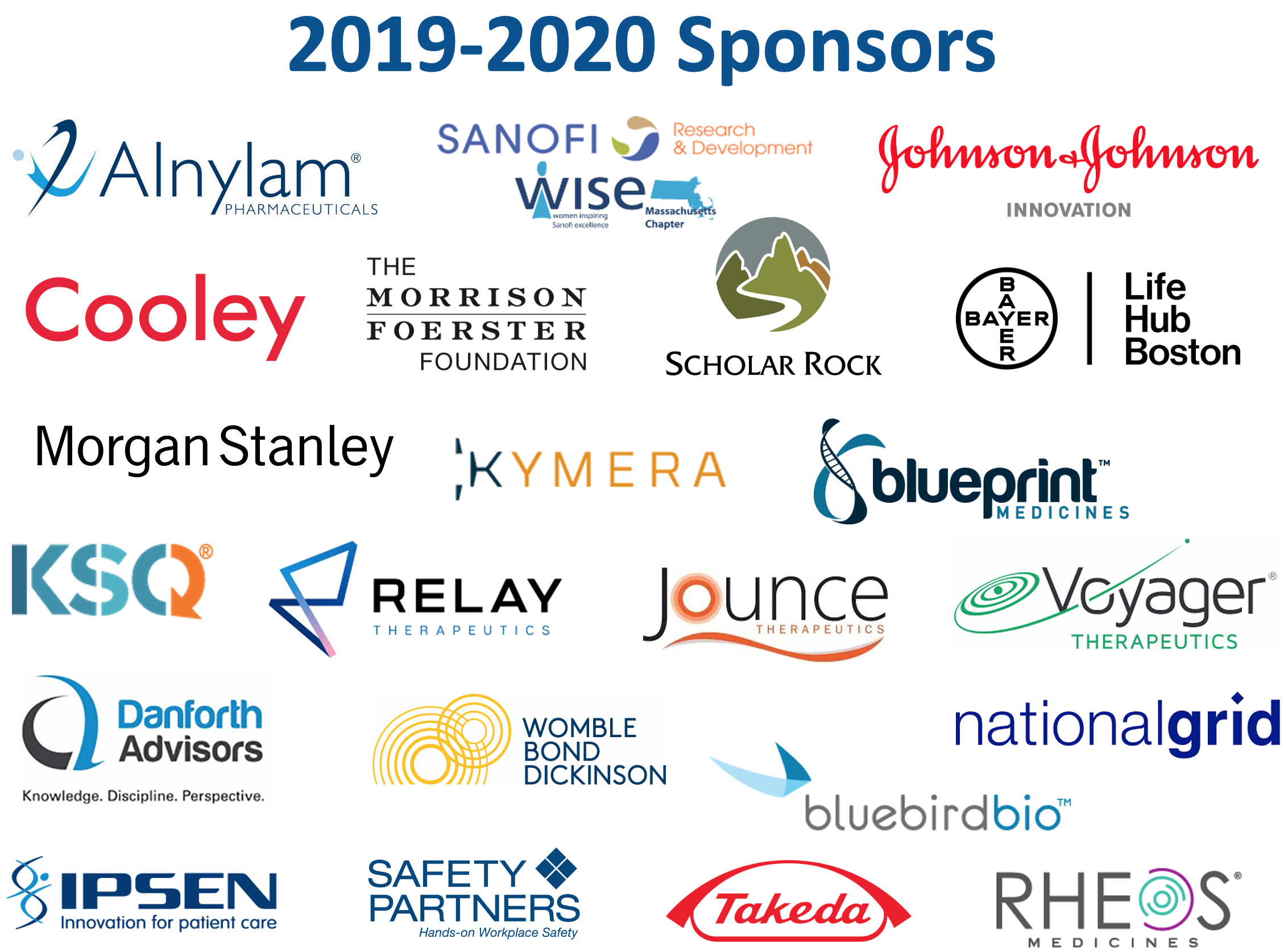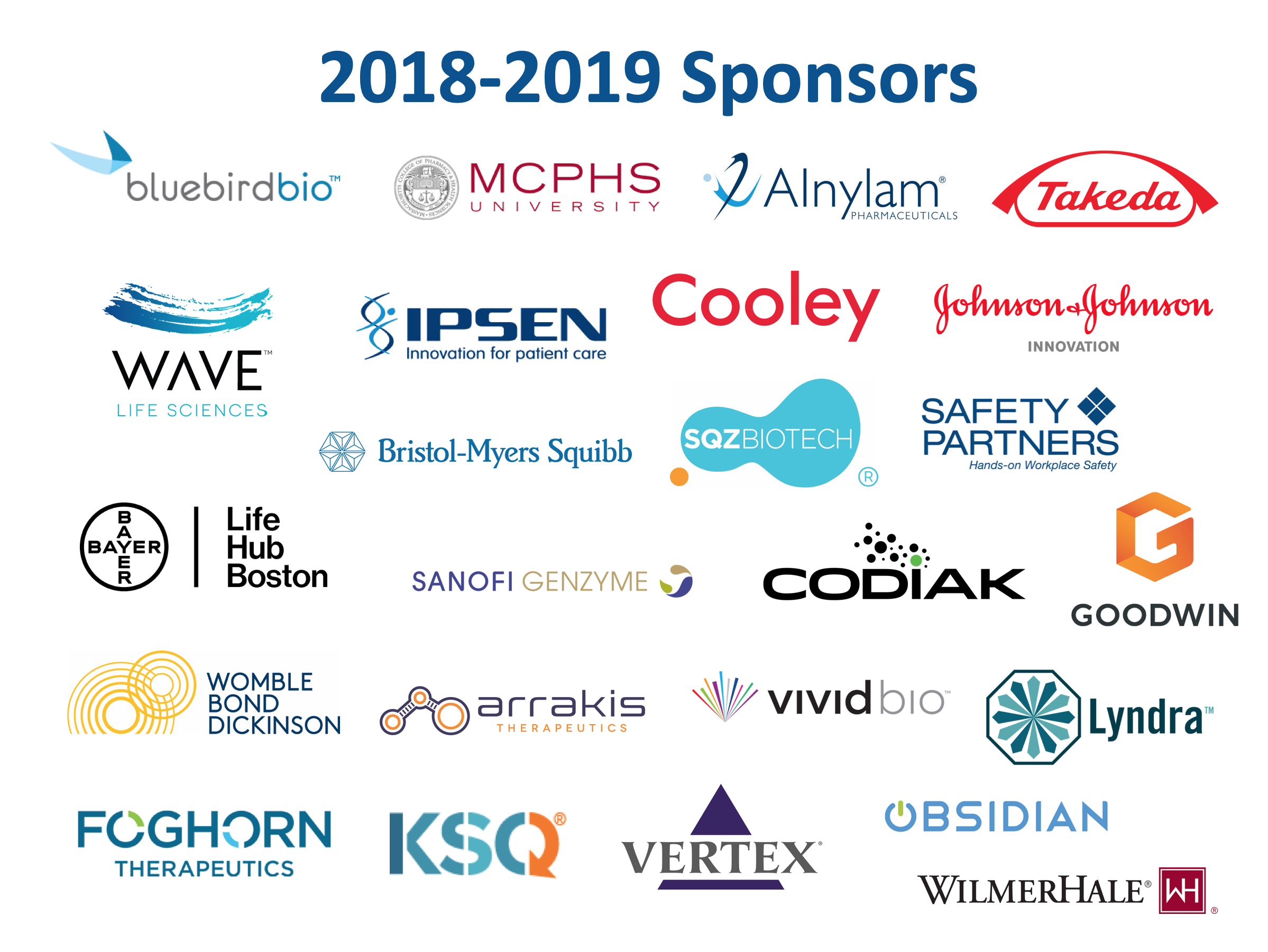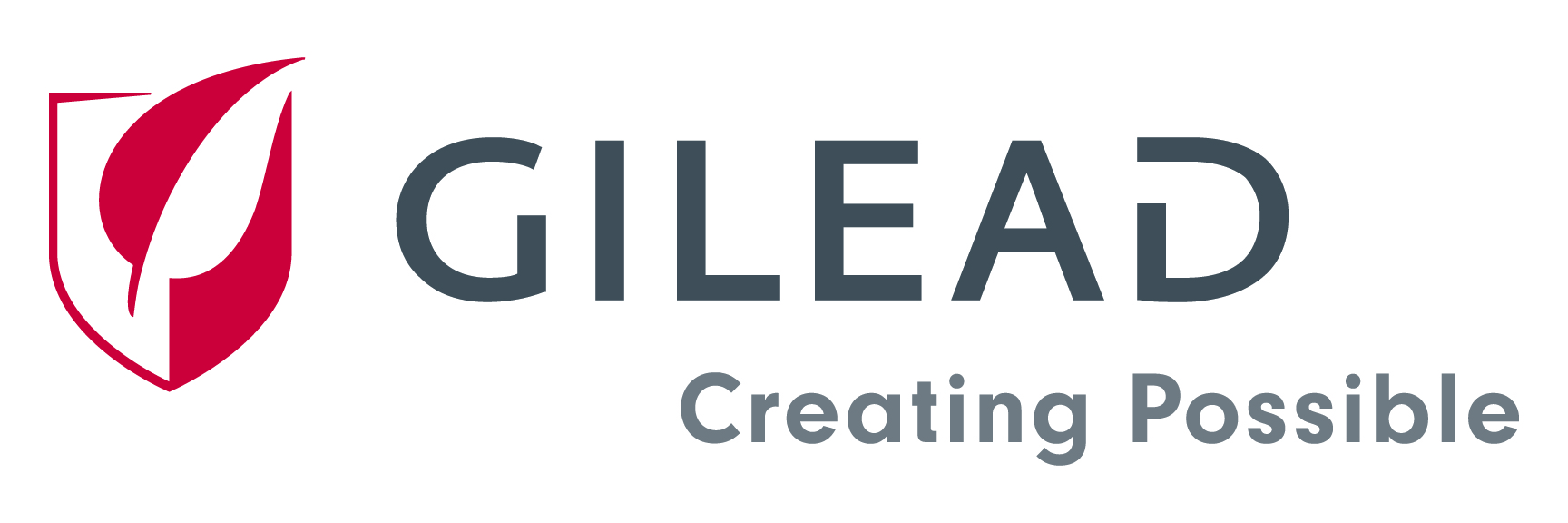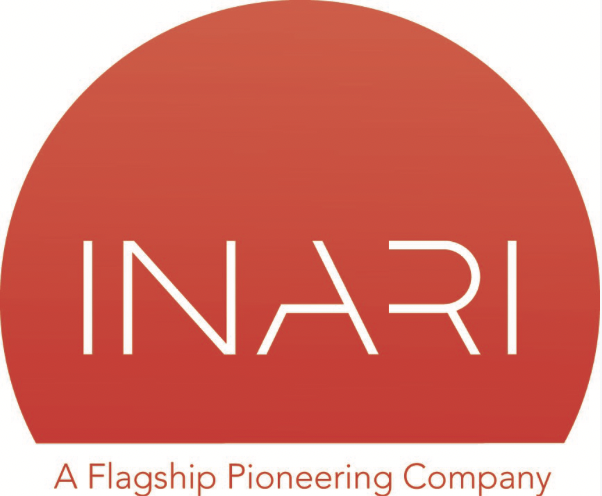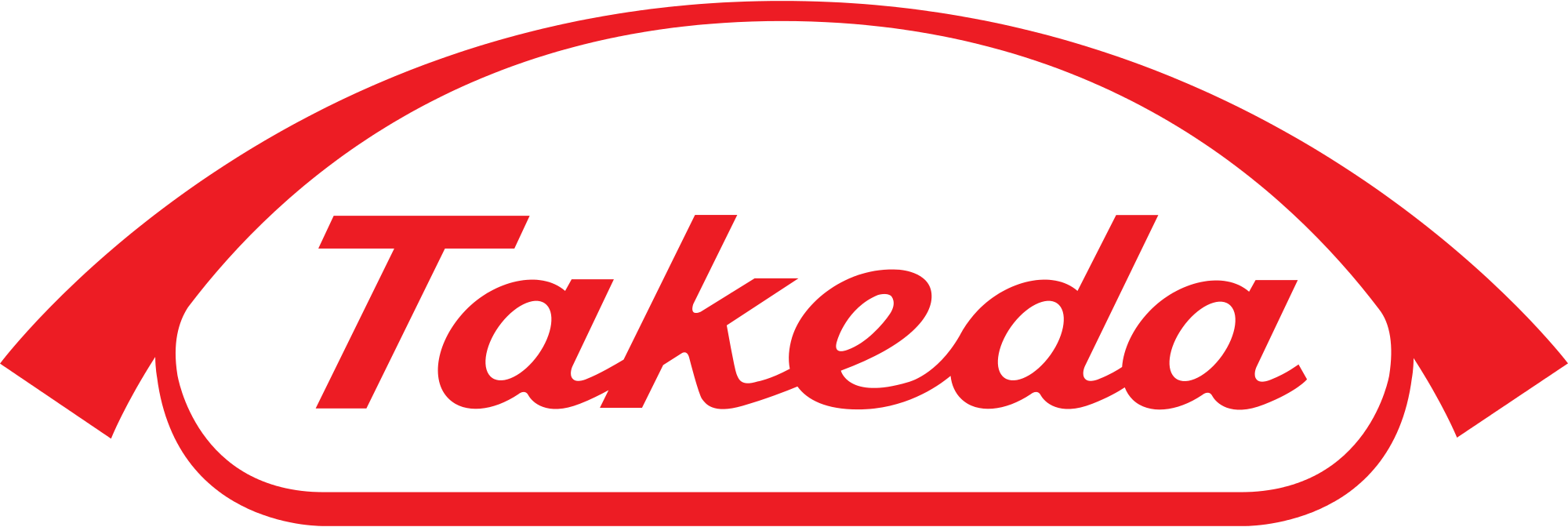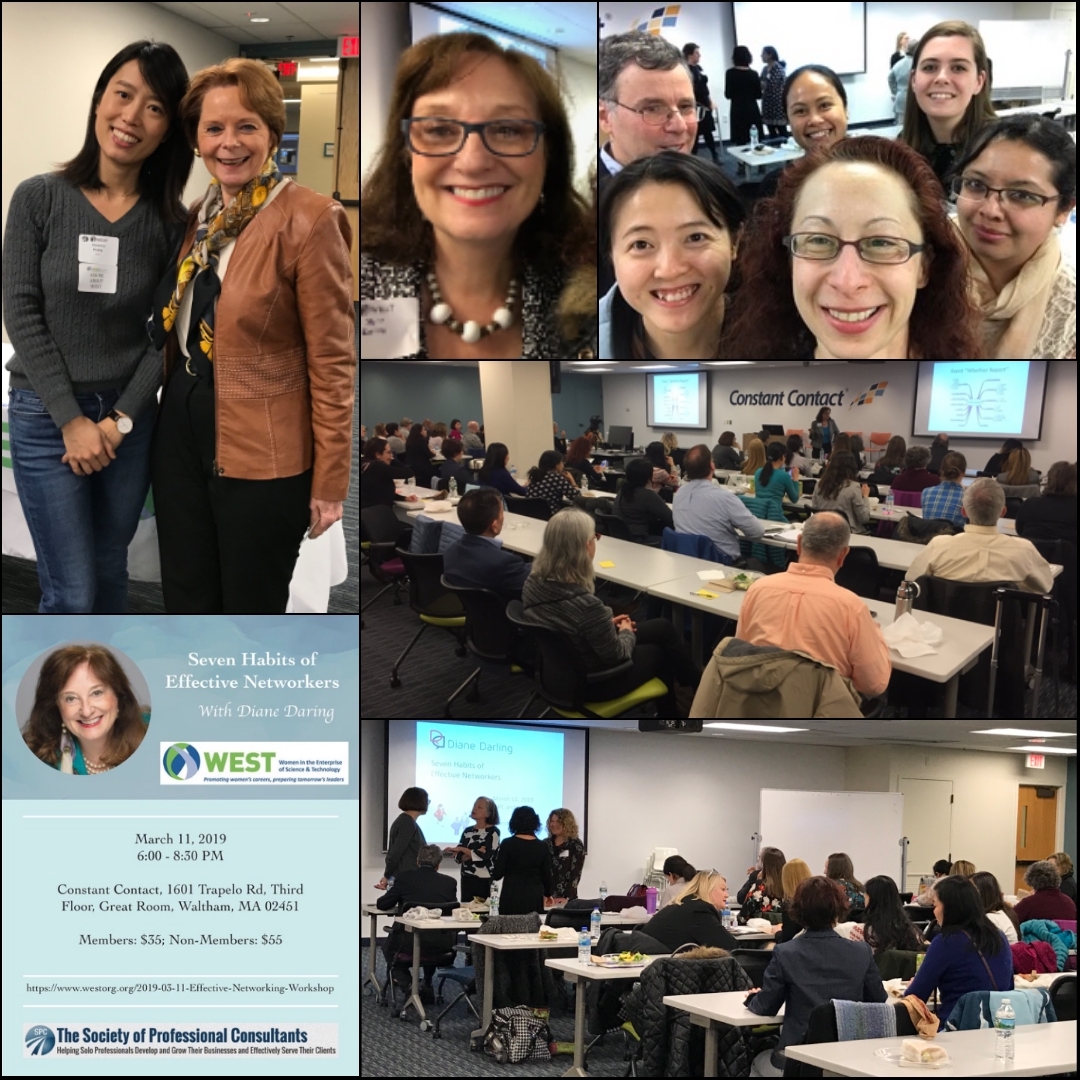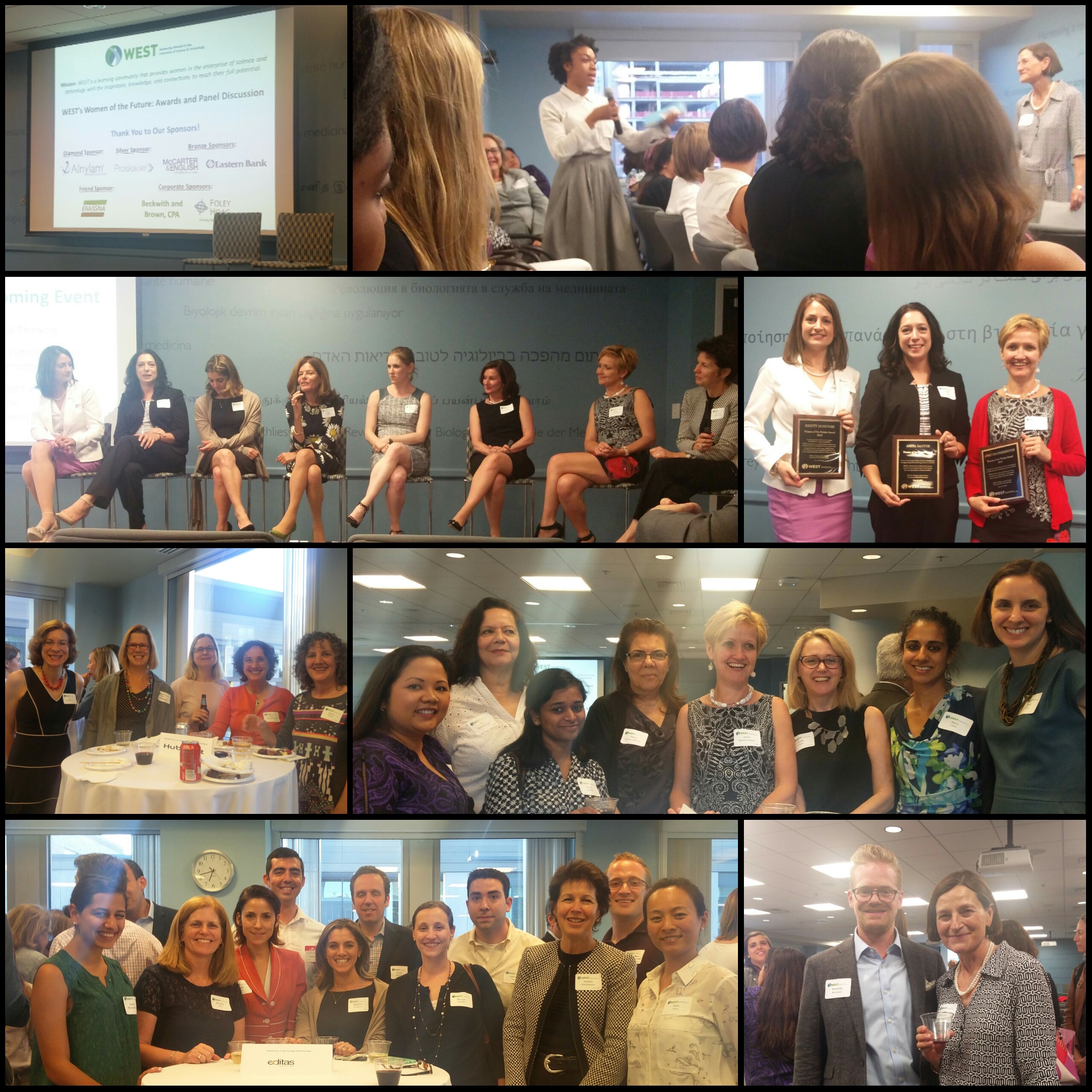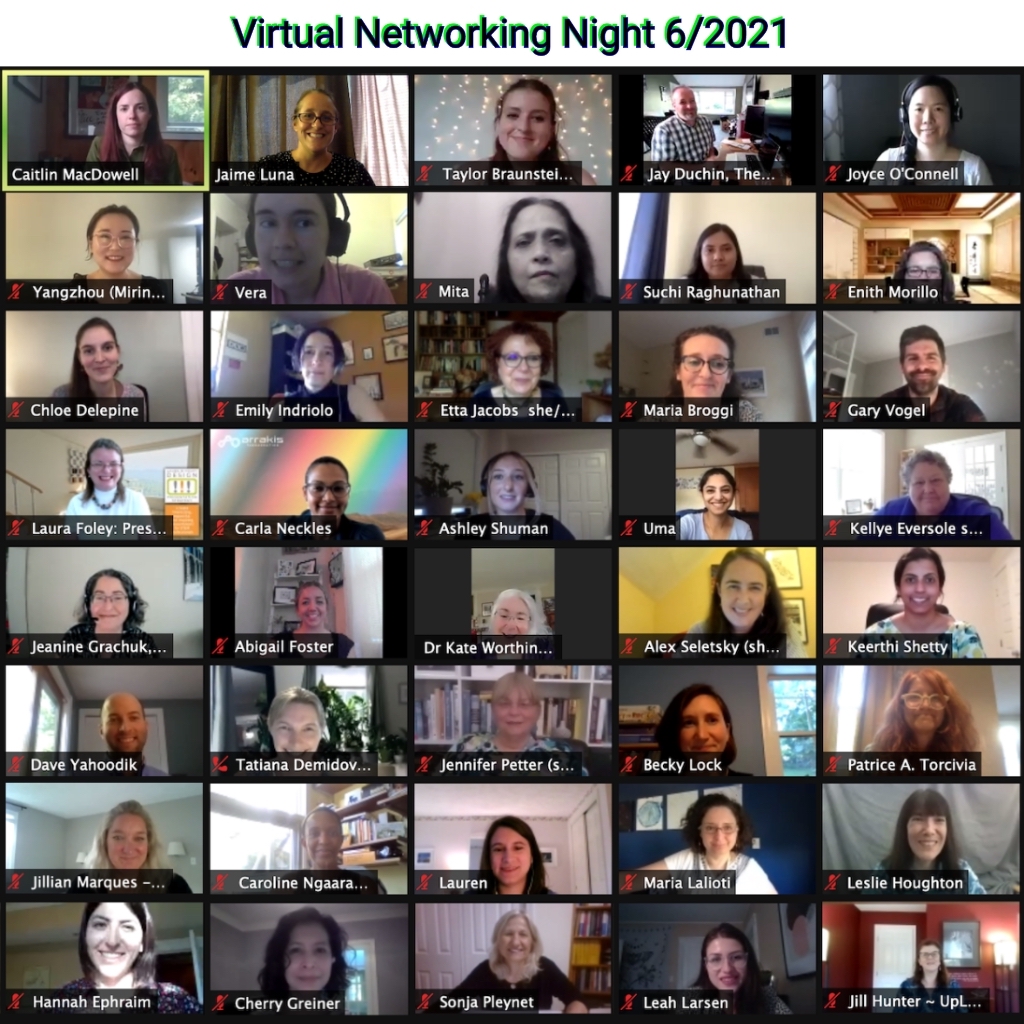- Home
- About
- WEST Events
- Sponsorship
- Membership
- Volunteers
- Resources
- Blog
Inside Venture Capitalby Christiana DelloRusso, PhD October 30, 2008
Venture capital is a key source of funding for early stage science and technology companies. At a recent WEST event* women venture capitalists shared their experience on what they are looking for, the best way to pitch an idea, and what a career as a VC is like.
1. What is a 'Venture Capitalist'? Venture capitalists (VCs) raise money from individuals, foundations and companies, and then use that money to fund entrepreneurs and small start-up companies that have the potential to provide a good return on investment. VCs are responsible for evaluating potential investments. The venture capitalists also help the companies they have invested in (their 'portfolio') to be successful by providing expertise and sitting on the boards of directors. On a daily basis, they are in constant contact with potential and funded companies, as well as their investors. The job requires a high level of both technical and business expertise, keen intuition, and commitment to the work.
2. How does one become a VC? VCs typically first were in consulting, business development, management, or were entrepreneurs themselves. Luck ends up playing a big role in who becomes a venture capitalist. The panelists said that it's challenging to find a job as a VC – instead the industry or firm seeks out individuals who will add expertise and value to their team based on their knowledge and their network.
3. Who does one get money from a venture capital firm? VC firms receive thousands of proposals, but only fund a few companies each year. While a cold call may end up being considered, having a supportive network in place that initiates discussion with the VC firm is highly beneficial when seeking funding. Key aspects of a proposal include the approach and technology, the team, intellectual property, previous successes, and any familiar names or contacts who can vouch for the entrepreneurs.
4. What makes a good pitch? It is crucial that entrepreneurs do their homework to convince potential investors to consider a project. The questions to be addressed include: Why is this different from what’s already out there? Who is the competition? What technologies and companies are complementary (and may be funded by this firm?) What makes you the expert? Who are the co-investors? Who do we know (and trust) who knows you?
5. How can you get your proposal noticed? The idea, approach, and execution strategy is clearly laid out in a short presentation. The team is exceptional. The VC’s know these individuals or know people who think highly of them. The project offers paradigm-shifting technologies backed up by sound science.
6. The bottom line? Because venture capital is a “who you know” business, it is crucial not only to have a great idea, but to maintain and grow your professional network, male or female. Talk about your idea or small company to friends, colleagues, and at networking events. One of the panelists remarked that she met a potential client at a recent WEST event!.
*The WEST event "Inside Venture Capital” was held on October 22nd in Cambridge MA. Click Here for more information about the event.
|



